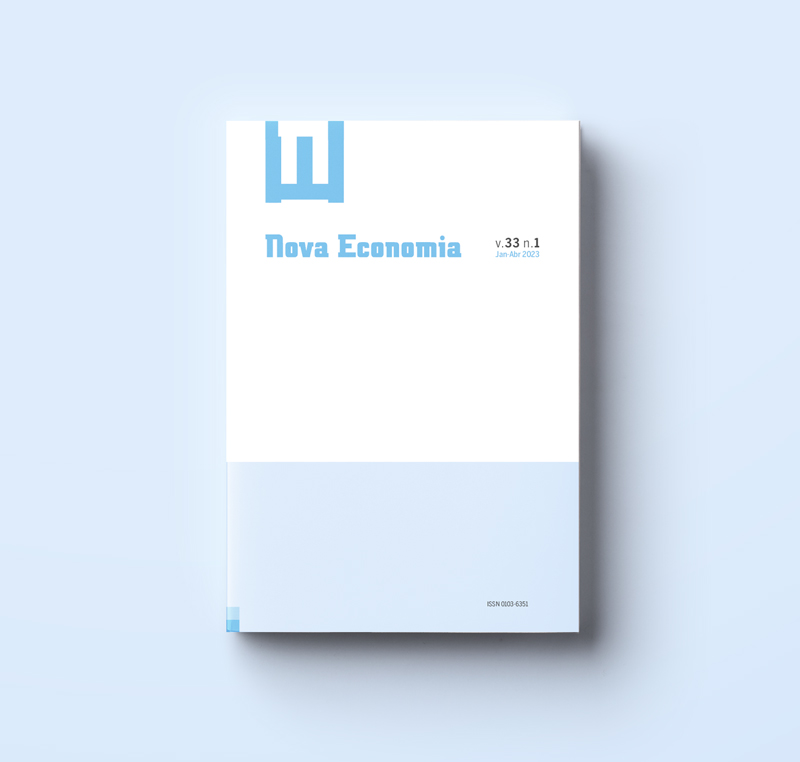Negationism and the role of political factors in Covid-19 mortality in Brazil
Abstract
In a national context marked by a denialist position of the federal government in the fight against the pandemic, Brazil is among the countries most affected by Covid-19. The present study analyzes, along with other socioeconomic, health and demographic factors, how the political orientation of municipalities is related to the mortality rate. In order to analyze two different transmission channels between political factors and mortality, two other econometric models were estimated on the mobility of people and the vaccination rate. One of the most striking results concerns the “Bolsonaro effect”: mortality rates are higher in the municipalities where the president had a more expressive vote in the 2018 elections. The results regarding population mobility seem to confirm that this is one of the main mechanisms of disease transmission. Nevertheless, the political denialist position does not seem to compromise, at least for the first months of the late immunization process in Brazil, the complete vaccination.
Keywords: Covid-19; political factors; socioeconomic inequalities; mortality; social distancing.
JEL Codes: I14, I18, I38, 017, P16, 054
Downloads
Published
How to Cite
Issue
Section
License
Copyright (c) 2023 Marta Castilho, Valeria Pero, Mireille Razafindrakoto, François Roubaud, João Saboia

This work is licensed under a Creative Commons Attribution 4.0 International License.
Authors who publish with this journal agree to the following terms:
- Authors retain copyright and grant the journal right of first publication with the work simultaneously licensed under a Creative Commons Attribution 4.0 International License that allows others to share the work with an acknowledgement of the work's authorship and initial publication in this journal.
- Authors are able to enter into separate, additional contractual arrangements for the non-exclusive distribution of the journal's published version of the work (e.g., post it to an institutional repository or publish it in a book), with an acknowledgement of its initial publication in this journal.
- Authors are permitted and encouraged to post their work online (e.g., in institutional repositories or on their website) prior to and during the submission process, as it can lead to productive exchanges, as well as earlier and greater citation of published work (See The Effect of Open Access).




